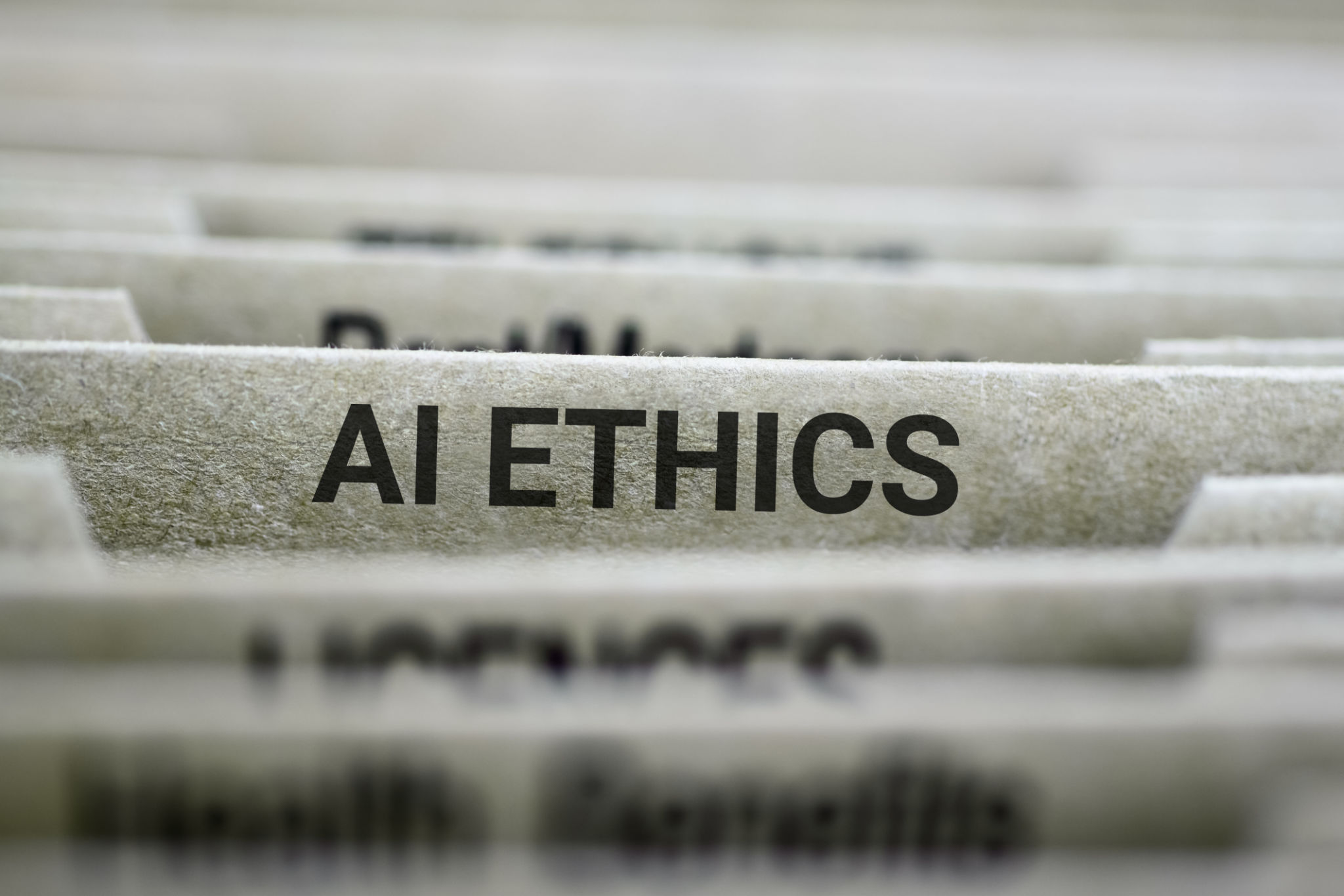Common Misconceptions About AI in HR and How to Overcome Them
Understanding AI in HR
Artificial Intelligence (AI) is rapidly transforming various industries, including Human Resources (HR). However, despite its growing presence, there are several common misconceptions about the role of AI in HR. These misconceptions can hinder organizations from effectively leveraging AI technologies.
One prevalent myth is that AI will replace HR professionals. While AI can automate specific tasks, such as resume screening, it is not a substitute for human judgment and empathy. Instead, AI should be viewed as a tool that enhances HR capabilities, allowing professionals to focus on more strategic activities.

The Fear of Bias
Another common misconception is that AI systems are inherently biased. While it is true that AI can reflect existing biases if trained on biased data, organizations can take steps to mitigate this risk. By ensuring diverse data sets and continuously auditing AI systems, companies can reduce bias and promote fairness in AI-driven HR processes.
HR teams can also collaborate with data scientists to understand how algorithms are developed and maintained. This partnership ensures transparency and accountability, helping to build trust in AI solutions.

AI Is Too Complex
Some HR professionals may believe that AI is too complex for them to implement or understand. However, many AI tools are designed with user-friendly interfaces and do not require extensive technical knowledge. Furthermore, training and support are often provided by vendors to help HR teams integrate AI solutions seamlessly.
Organizations should encourage continuous learning and provide opportunities for HR staff to enhance their understanding of AI technologies. This proactive approach empowers HR professionals to leverage AI effectively.

Cost Concerns
The perception that AI implementation is prohibitively expensive is another misconception that can deter organizations from adopting these technologies. While there may be initial costs associated with AI tools, the long-term benefits often outweigh these expenses. AI can lead to increased efficiency, reduced errors, and improved decision-making, ultimately providing significant returns on investment.
Companies can start small by integrating AI into specific processes and gradually expand its use as they realize its value. This incremental approach allows organizations to manage costs while experiencing the benefits of AI.
Overcoming Misconceptions
To overcome these misconceptions, organizations must prioritize education and open communication. Conducting workshops and seminars about AI's role in HR can demystify its functions and benefits. Additionally, sharing success stories from other companies can illustrate how AI has positively impacted their HR operations.
By addressing these misconceptions head-on, organizations can create a more receptive environment for AI adoption. Embracing AI as a partner in HR will enable companies to streamline processes, make data-driven decisions, and enhance employee experiences.

